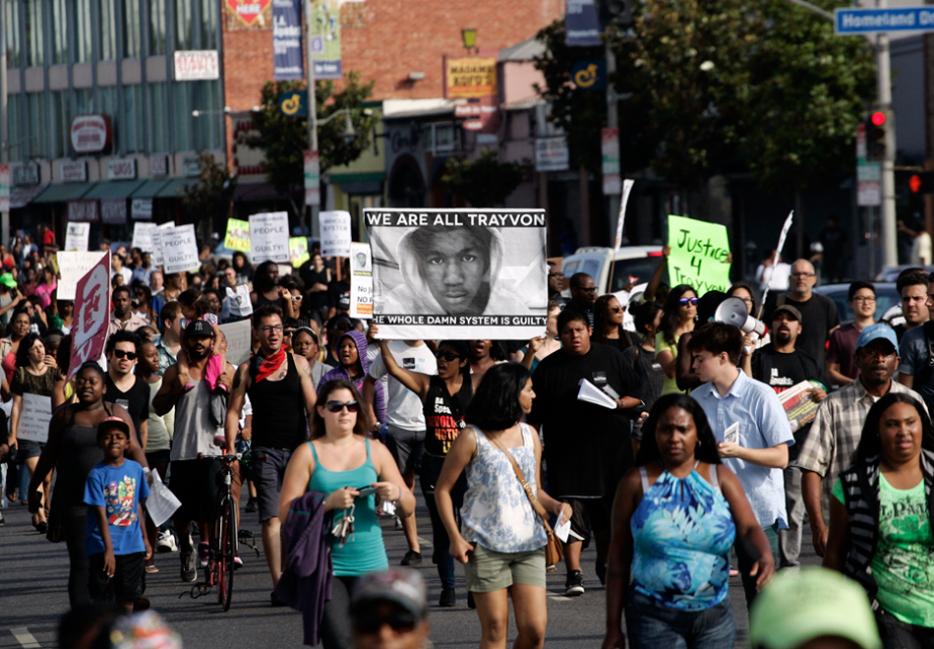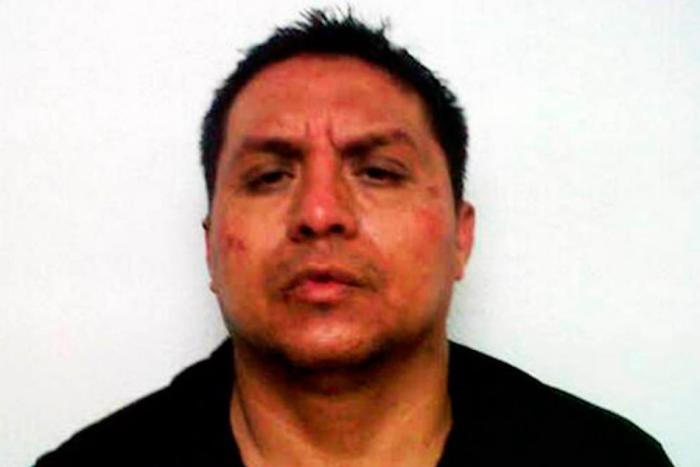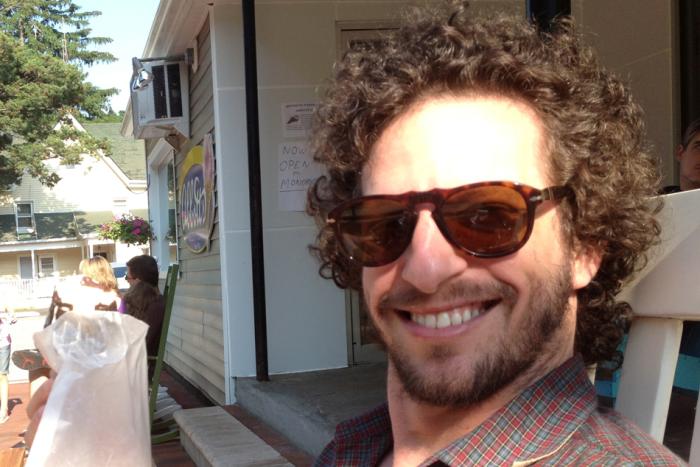When the gut-wrenching news about the Trayvon Martin verdict hit this weekend and my social media feeds exploded in shock, outrage and disbelief, a certain, surprising term kept cropping up in people’s reactions: white supremacy. Despite the fact that George Zimmerman himself is part-Hispanic, many suggested that white supremacy was the only fitting way to describe the context of the fear and guns that led to Martin’s death, and the arguably botched prosecution (or the preexisting framework of laws itself) that resulted in Zimmerman being acquitted. With the phrase’s return in both popular discourse and publications like The Nation, The Washington Monthly and Salon, however, it’s worth asking why, at this juncture in history, is the word “racism” not enough?
Social media then provided at least one answer, as a seemingly endless parade of people went on to repeat the claim that those bringing up race in the wake of the verdict were, in fact, the real racists. Ridiculous as it sounds, you almost knew it was coming: it’s an ideology reflected in the fact that the judge in the Martin case ruled that the prosecution could not focus upon racial profiling as a factor. Underpinning that awful symmetry is the idea that, in order for equality to function, race must not colour the perception of either a person or a set of circumstances—and so, Trayvon Martin’s death “had nothing to do with race.”
Again, as absurd as this sounds, you can understand why people think this way. From schools to sitcoms to common political rhetoric, the idea that equality means not seeing race is a pervasive one. Maybe more importantly, though, what drives that kind of thinking is the notion that it’s racist to make stereotypes or assume something about someone, as it denies their right to define themselves as they see fit. That is to say, racism is an attack on the sanctity and uniqueness of the individual. It’s the rhetoric of equality manifested in its unintended, distorted, but perhaps inevitable form: when everything is about the individual, so is racism.
It’s precisely that mode of thought that has led to the hijacking of the term. When being racist simply means that you or I can individually experience prejudice, it starts to become meaningless—as if me walking into a crowded room on Bay Street and using the word “cracker” would have the same effect if the positions were reversed. The whole swirling mess of slavery, colonialism, the unending list of texts that justified them, segregation, economic suppression, the lack of representation of media and continued prioritization of European cultures gets erased. Rather than being a set of historical circumstances that bring themselves to bear on the present, racism simply becomes a bad character trait, like poor table manners or greed. And worse, it leads to the silly idea that white people in the Western world can experience “racism” in the same way as someone who identifies as part of a racially oppressed group.
Using the term “white supremacy” to describe race relations around the world shifts the emphasis from the individual to society, from a person divorced from context to a human situated in history. That crucial shift moves the emphasis from whether or not a single person feels violated to how that individual is situated in relation to a broader context. It gives name to the fact that racism is much less a question of getting cut-eye on the bus than it is about economics, power and representation. Strangely, it’s the contemporary discourse of equality, with its relentless focus on thinking of everyone as “being the same” that has made the use of “white supremacy”—a term to describe a social system that prioritizes and privileges whites and European culture—so necessary, even in 2013.
This season on CBS’s Big Brother, the main shows and, further, its 24/7 live broadcast, have shown a breathtaking display of racial prejudice. It’s awful and it’s discomfiting, but all the same, it’s also what we asked from reality TV, isn’t it? Here we have a mainstream TV show, the premise of which is to see behind the veneer and gloss and produced television to watch real people interacting, and the result is a glimpse into just how common and commonplace racial prejudice still is.
As this write-up on Jezebel describes, Candice Stewart and Howard Overby, two black members of the show, endure racial taunting and slurs from others in the house—and when they both retreat from further confrontation, they each break down in tears. Sticks and stones, they say. But these two grown people cried because of centuries of prejudice constantly being brought to bear on their lived experiences in the here and now. “Racism,” thanks to its 21st-century corruption, no longer captures that fact. Stewart, Overby—and Trayvon Martin—were not “victims of racism” in its new populist sense. They—we—instead continue to be subject to the ongoing legacy of white supremacy.






